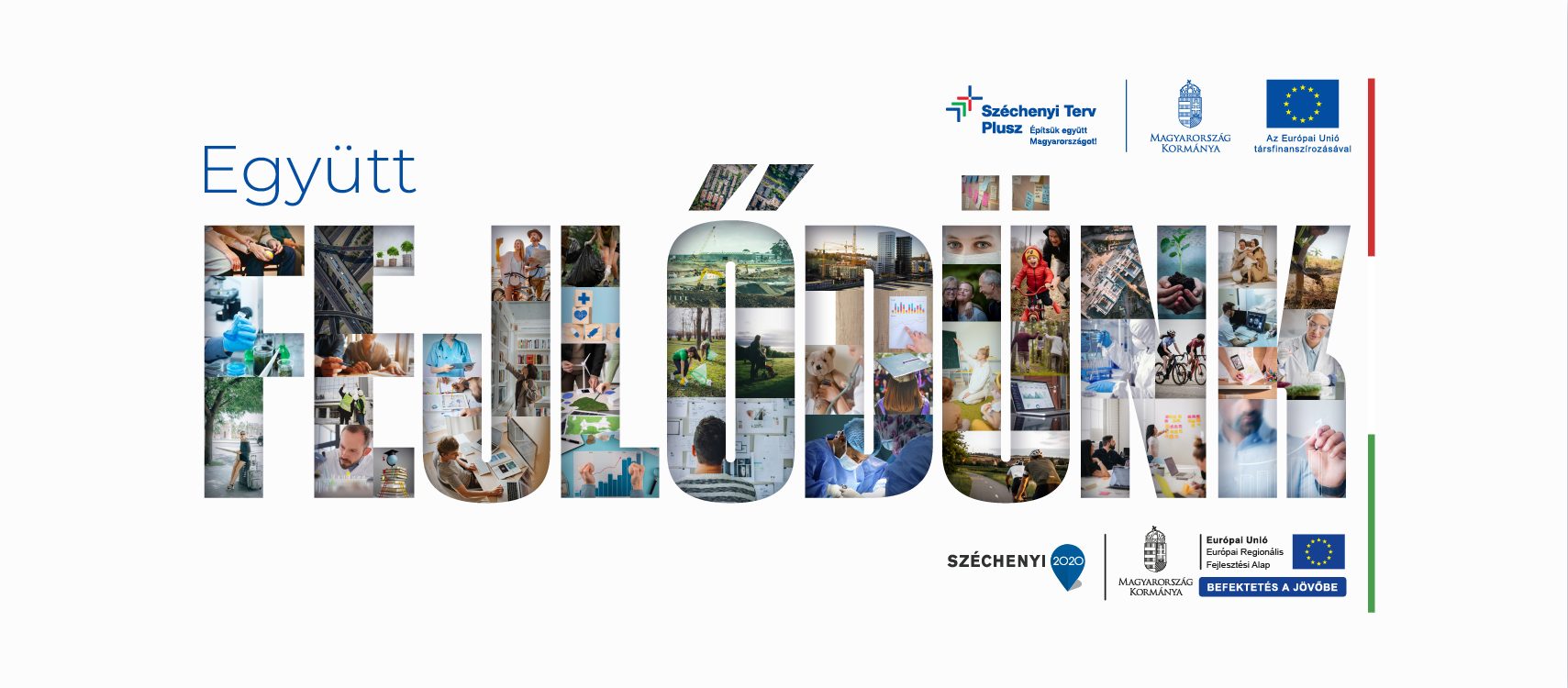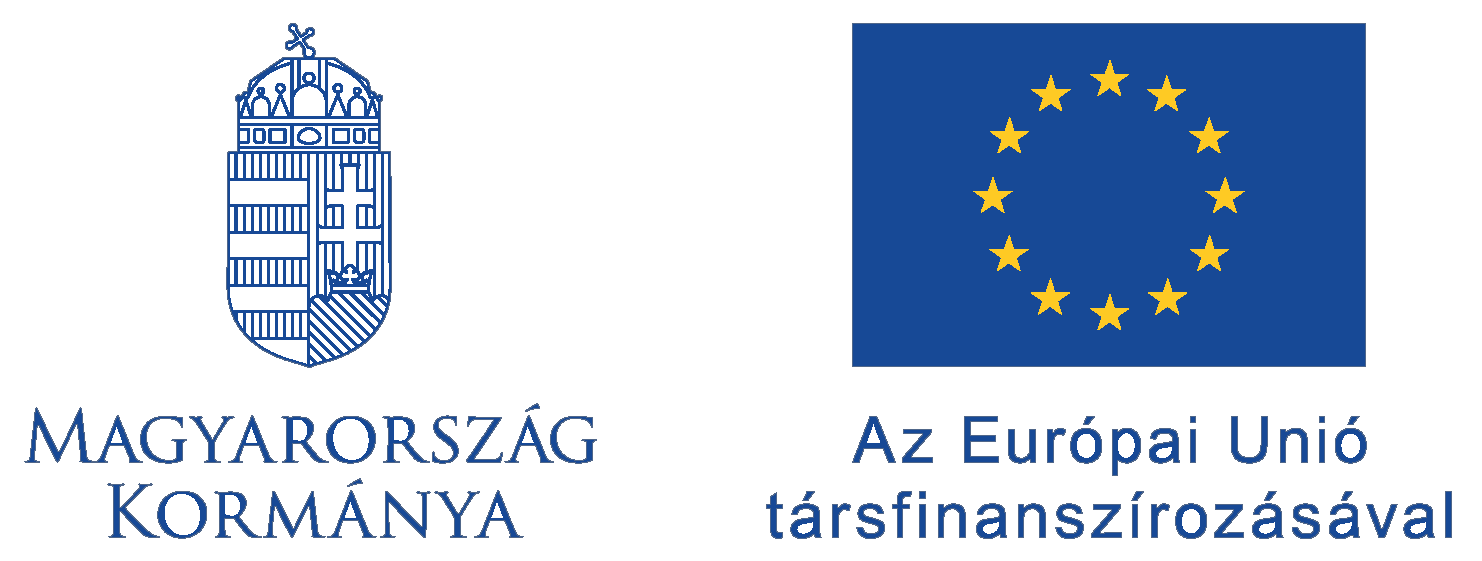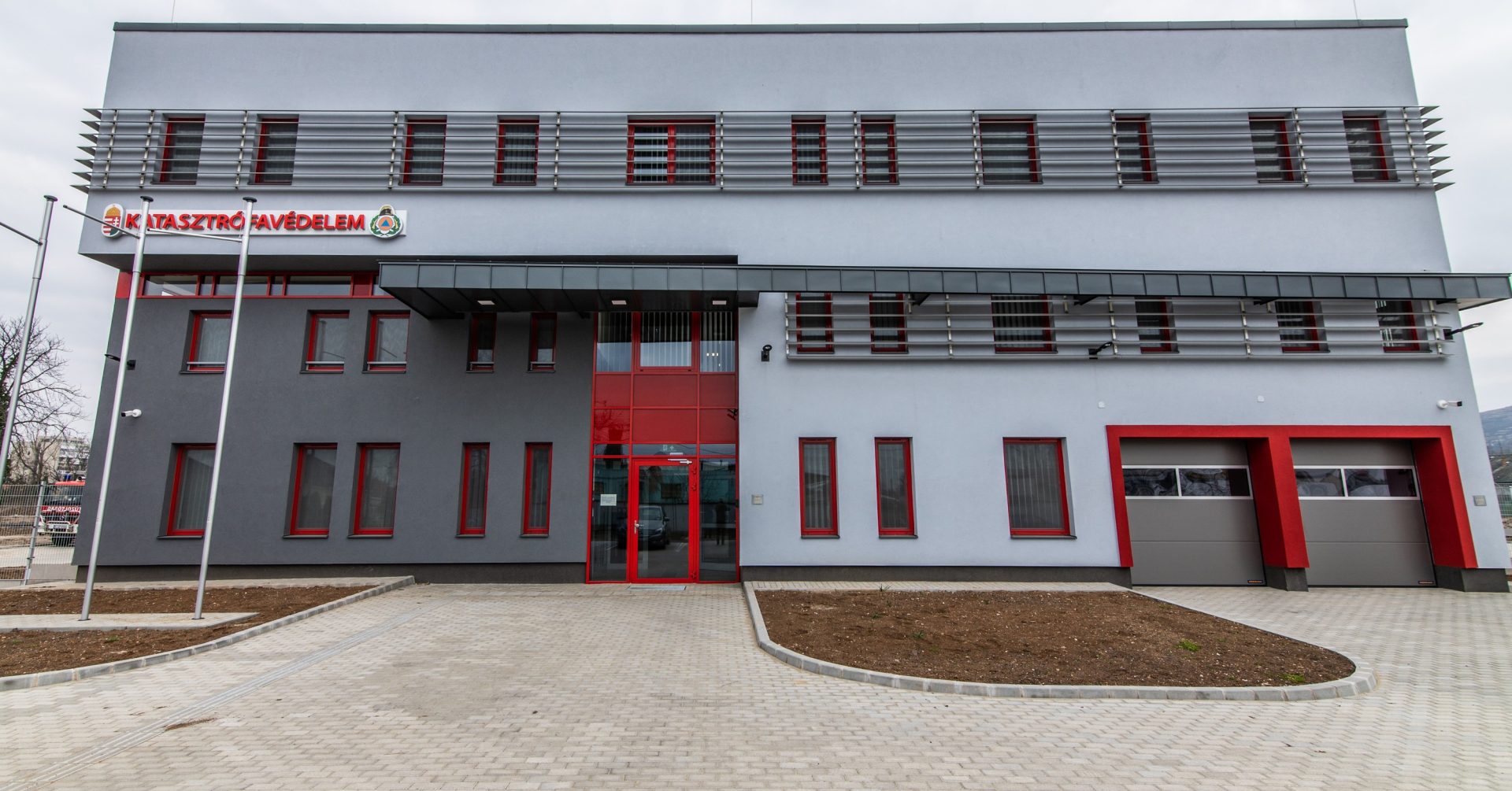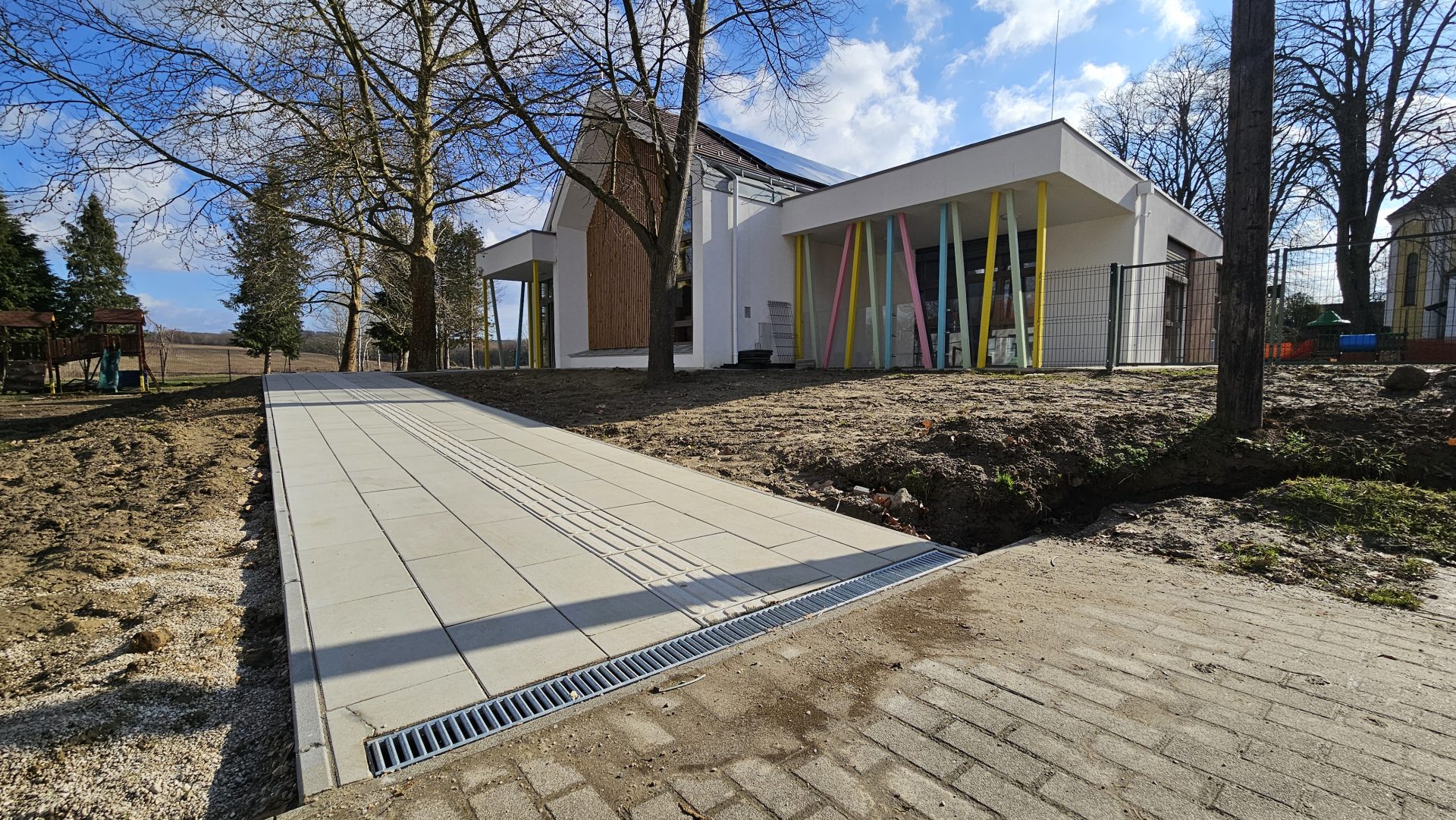To enable public offices to provide citizens with more efficient and higher-quality services, it has become necessary to simplify, standardize, and reorganize processes related to administrative procedures. Within the framework of an EU-funded project, the most advanced methodological, IT, and technical solutions were applied to reduce administrative burdens and shorten processing times.
The development of a “customer-friendly service-oriented state” has been ongoing in Hungary for several years. For a country to keep pace with global progress, it is essential to apply digital advancements effectively in every sector. Public administration is no exception: innovative solutions are being continuously introduced to make public services more professional, more digital, and even more customer-oriented than ever before.
The project titled “Review and Simplification of Administrative Procedures and Regulatory Practices” has contributed to these objectives in three key areas: process development, application development, and organizational development.
The process development subproject focused on reducing bureaucracy. A comprehensive review was carried out of the legal framework governing administrative procedures—covering more than 1,500 laws and 2,000 government decrees—and new laws were drafted to support the goals of the project. But what does this mean in practice?
Among the outcomes of the subproject are the standardization of administrative processes, related application forms, and templates, as well as the harmonization of regulatory inspections carried out by regional public administration bodies. Additionally, the processing time for administrative procedures has been reduced. The new and amended legislation enables both citizens and businesses to access electronic services more widely. Applications can now be submitted via electronic forms in hundreds of cases managed by government offices. These include, for example, applications for infant care benefits or childcare allowance. Property buyers also benefit from simplified procedures, such as the easier registration of mortgage rights. Starting a sole proprietorship has become more convenient as well: newly established entrepreneurs can now initiate their registration with the chamber of commerce simultaneously with reporting the start of their business activity to the tax authority (NAV).
As part of the application development subproject, the work of the competent authorities has become more efficient, faster, and more transparent through a higher level of digitalization of processes. To achieve this, the data provision processes of more than 3,000 authorities with different responsibilities and jurisdictions were digitized, further enhancing the digital capabilities of the administrative statistical system. A major achievement was the creation of the National Trade Registry System (OKNyiR)—a uniform, legally certified national commercial registry. This system provides up-to-date information on traders and service providers through both a public interface for citizens and a secure, restricted interface for authorities. The Administrative Sanctions Registry (KSZNY) was also established, enabling the creation of a unified system for administrative sanctions such as fines and other legal consequences imposed by authorities. Moreover, through the public portal, citizens can access and review their records stored in the registry and see which data reporting processes they were subject to during specific periods. The Written Communication Module of the National Legislation Repository for Legality Supervision was also improved. This tool supports written communication between offices involved in legality supervision procedures, thus accelerating administrative processes within government offices. To ensure fast and efficient inspections, the toolkit used in official inspections was modernized, including equipment such as digital tachograph downloaders, gas leak detectors, handheld thermal cameras, ultrasonic wall thickness gauges, noise level meters, and devices for testing the quality of used cooking oil.
The organizational development subproject contributed to the implementation of legal amendments in practice by developing methodological tools. In addition, professional training sessions were organized for government office employees, covering topics such as sign language, assertive communication and mediation, drone piloting, occupational safety technician training, and social security administration.
Although these developments primarily aimed to improve the efficiency of background operations, the true beneficiaries of the resulting simpler and faster administrative procedures are the citizens themselves.
The development was implemented from EU funding in the project KÖFOP-1.0.0-VEKOP-15-2016-00046 under the Public Administration and Public Service Development Operational Programme.
Find out more about the project in the Project Finder:








